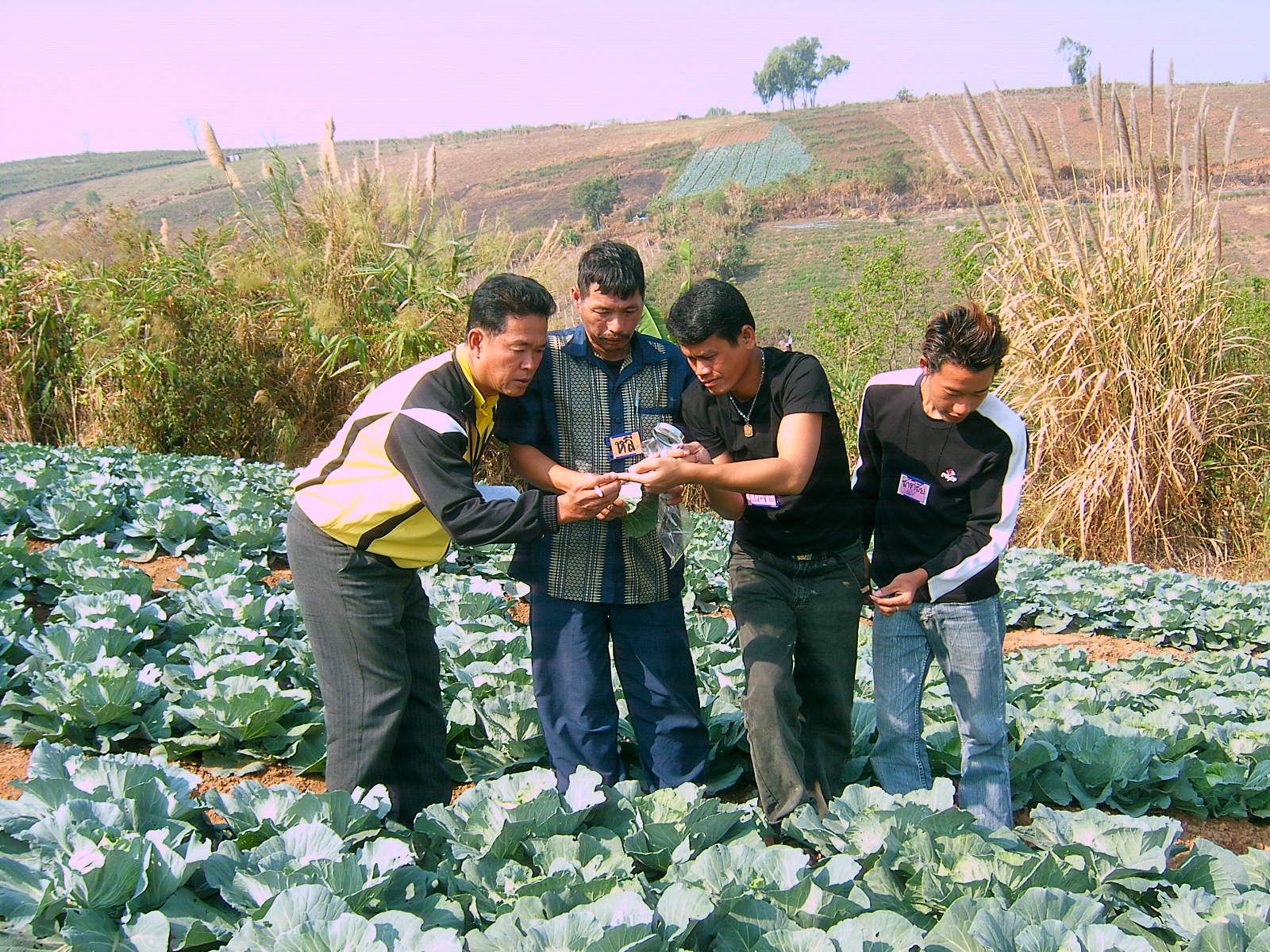Agricultural extension – also known as agricultural or rural advisory services (RAS) – is back on the development agenda. A confluence of factors has led to this resurgence of interest. Extension is explicitly mentioned in indicator 2.a of the Sustainable Development Goals, as one of the areas that needs increased investment in order to meet the goal of ending hunger, improving nutrition and promoting sustainable agriculture. Rising food prices have also triggered renewed government and donor interest in agriculture and advisory services.
The Advisors Need Advice
Many small family farms have no access to information that could improve their productivity and hence their livelihood. They are in need of advice not only about new technologies but also about market situations, farm management issues, and strategies to deal with pending challenges like climate change or nutrition and food security. Almost all countries have some sort to advisory services in place, be it by the government, by private institutions or by non-profit organisations. This multitude of actors often has one thing in common: the agricultural advisors on the ground usually operate in isolation and without much support and encouragement. That is why The Global Forum for Rural Advisory Services exists, to support agricultural advisors and their organisations to improve the quality of their work. One of the most important ways to do so is by identifying approaches and methodologies that have worked and help to translate them for their local context.

Farmers learn from each other at a field school in Thailand. Credit: Agricultural Extension in South Asia AESA
A Directory of Global Good Practices
There is plenty of information available in the public domain that covers various aspects of extension, and new methodologies for planning, implementing and evaluating RAS projects and programmes. However this information is often scattered and presented in complex academic language. That is why extension agents, who often have very limited time and/or may only have basic formal education, find it difficult to make use of this information.
In response to this challenge, we have developed the GFRAS Global Good Practices Initiative, to provide information about extension approaches and methods in easy-to-understand formats. So far 18 Global Good Practice Notes (or GGP Notes) have been published on a variety of topics such as governance and structure issues, capacity building and management training, advisory methods, and cross cutting issues like gender and nutrition. A special focus is also put on the information and communication technologies ICTs. The practical experiences are systematised in an easily accessible form, to be used as a public good.
Get Involved
All these notes are available for reading and downloading at www.betterextension.org. But it should not simply be another repository for useful information. We invite the users to comment on the different notes and help to improve them by taking into account their experience with this particular topic. Global Good Practices should be an output of a inclusive learning process where many different actors in RAS are involved. In that sense we invite you all to comment on the GGP Notes, develop them further, or propose an additional topic that would fit in the series.
This type of tool encapsulates the work we are committed to at GFRAS – that provides a forum to bring together and promote interaction and learning among the diverse stakeholders involved in RAS. By working at different levels, we want to help regional actors to present their perspectives in the global development arena, as well as providing a mechanism for global perspectives to reach the regional levels.
We want RAS providers and other organisations with an interest in RAS to have a voice, to engage in dialogue, and to promote a supportive environment for investment in RAS. This two-way flow is what will ultimately strengthen the role of advisory services in agricultural development and bring us closer to our global goals of reducing hunger and poverty.



